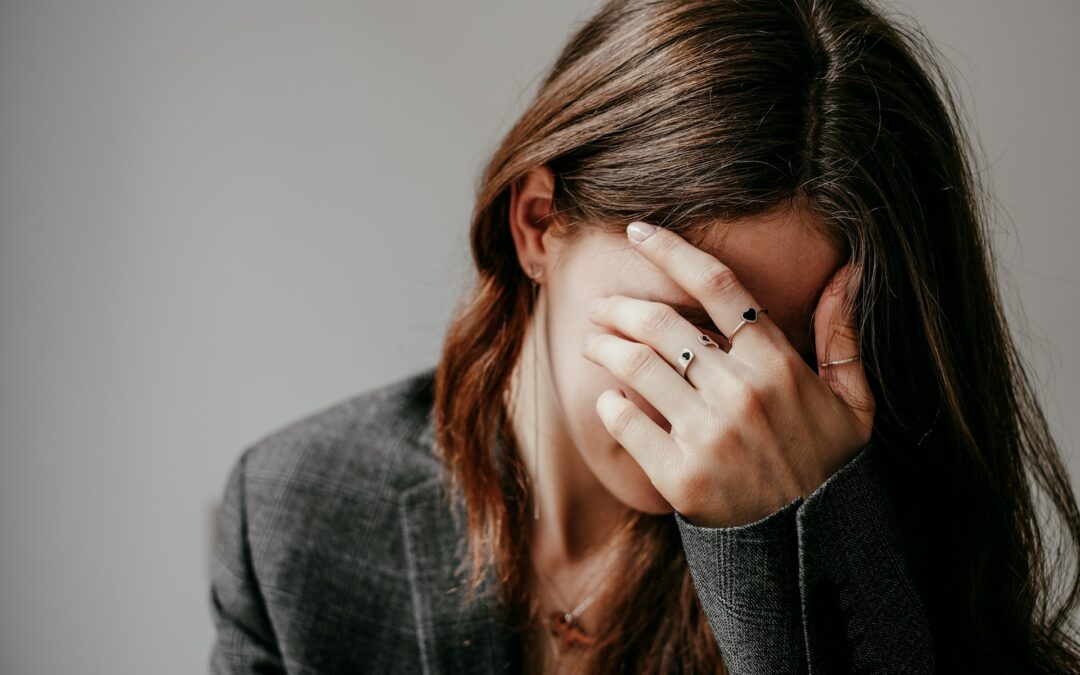Anxiety is a normal human emotion everybody experiences at some point in their life. It is a natural response to triggers like stress or danger, and it can help one stay alert and focused. That said, when anxiety becomes excessive and persistent, it can interfere with daily activities and affect mental health.
Teenagers are particularly vulnerable to anxiety due to the many changes and pressures they face during adolescence. In this post, we will share what anxiety looks like in teens, its causes, and available treatments:
What Does Anxiety Look Like in Teens?
Anxiety can manifest in different ways and be challenging to recognize in teenagers. Many teenagers experience anxiety as a normal part of their development, but it becomes a problem when it interferes with their life. Some of the typical signs of anxiety in teens include:
- Excessive worrying: Teens with anxiety may worry excessively about future events, school performance, social situations, and other aspects of their life.
- Avoidance: Teens with anxiety may avoid situations that trigger their anxiety. For example, they may avoid social events, public speaking, or going to school.
- Physical symptoms: Anxiety can also cause physical symptoms such as headaches, stomachaches, nausea, and sweating.
- Irritability: Teens with anxiety may become irritable or have outbursts of anger due to their heightened stress levels.
- Sleep disturbances: Anxiety can also affect sleep patterns, leading to difficulty falling asleep, staying asleep, or waking up tired.
- Perfectionism: Teens with anxiety may feel a strong need to be perfect, resulting in excessive self-criticism and self-doubt.
Causes of Anxiety in Teens
There is no single cause of anxiety in teens. It is usually a combination of genetic, environmental, and psychological factors. Some of the possible causes of anxiety in teens include:
- Genetics: Anxiety disorders tend to run in families, suggesting a genetic component.
- Brain chemistry: Imbalances in neurotransmitters, such as serotonin and dopamine, can contribute to anxiety.
- Environmental factors: Stressful life events such as the divorce of parents, moving, or a traumatic experience can trigger or worsen anxiety.
- Social pressure: The pressure to fit in, perform well in school, or meet societal expectations can increase anxiety in teens.
- Perfectionism: Teens who have high expectations of themselves and fear failure may be more prone to anxiety.
- Negative thinking patterns: Teens with anxiety may have negative thinking patterns that contribute to their anxiety, such as catastrophizing or mind-reading.
Treatments for Anxiety in Teens
Fortunately, anxiety is treatable, and there are several effective treatments available for teenagers. These typically involve a combination of therapy, medication, and lifestyle changes. Here are some of the common treatments for anxiety in teens:
- Cognitive-behavioral therapy (CBT): CBT is a type of talk therapy that helps teens identify and change negative thinking patterns and behaviors that contribute to their anxiety.
- Medication: Antidepressants or anti-anxiety medications may be prescribed to help manage symptoms of anxiety.
- Relaxation techniques: Techniques like deep breathing, meditation, and yoga can help reduce or manage stress and anxiety.
- Exercise: Regular exercise can help reduce anxiety by releasing endorphins and improving overall well-being.
- Sleep hygiene: Good sleep habits, such as avoiding caffeine and screens before bedtime, can improve sleep quality and reduce anxiety.
- Social support: It is essential for teens to have a supportive network of family, friends, and mental health professionals to help them manage their anxiety.
Conclusion
Anxiety is a common mental health issue among teenagers, but it is treatable with the right interventions. Early recognition and treatment of anxiety can prevent it from becoming a chronic condition and improve the overall well-being of teenagers.
If you or someone you love is experiencing symptoms of anxiety, it is essential to seek professional help. With the right support, teens can learn to manage their anxiety and lead a fulfilling life.
Sarah J. Person, a licensed clinical social worker, provides psychotherapy services for teenagers and adults in Brooklyn, Long Island, and upstate New York. Schedule your teen’s appointment for anxiety therapy!


